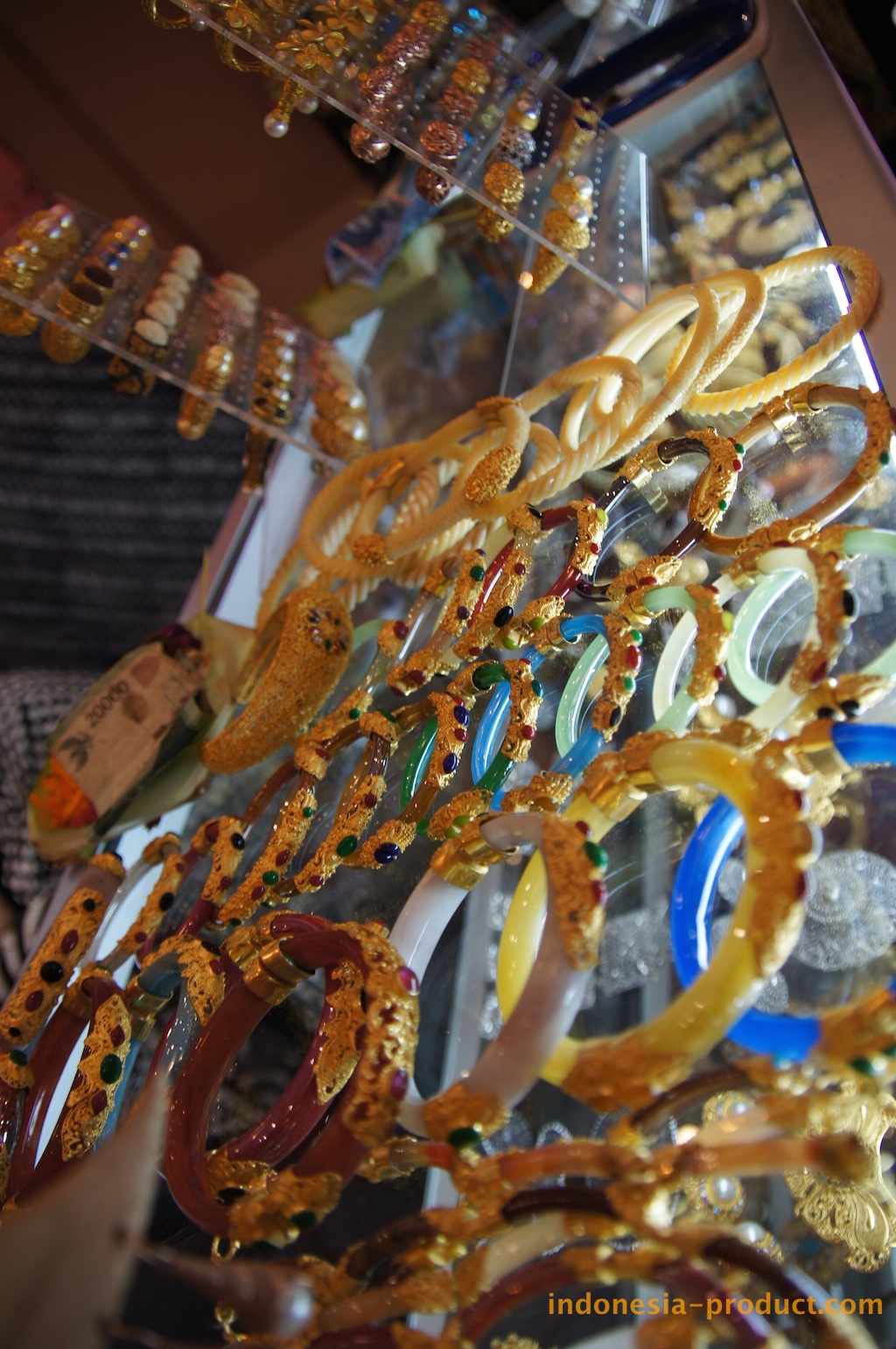Lawmakers Push To Ban Lead Jewelry
WCCO, MN
(WCCO) St. Paul Years of recalls and the death of a little boy from Minneapolis could lead to new laws in Minnesota.
Monday, a group of DFL senators and representatives announced new legislation that would fund a lead prevention program. The law would also ban almost all jewelry that contains lead.
Rep. Keith Ellison (DFL) said, “Lead remains a serious problem in our environment.”
Last month, 4-year-old Jarnell Brown of Minneapolis died after swallowing a charm off a bracelet that came free with a pair of Reebok shoes his mother purchased.
It’s the first death in Minnesota directly attributed to lead in jewelry, but the problem of lead is something the I-TEAM first exposed two years ago.
The I-TEAM tested gumball machine jewelry and later necklaces from major stores like JCPenney, Nordstroms, Sears and Target and found some pieces had as much as 73 percent lead.
Sen. John Marty (DFL) said, “The WCCO report was just incredible in showing how many pieces of jewelry had it and what the levels of it were.”
Right now, shoppers and the Consumer Product Safety Commission catch problems that lead to recalls. But Marty wants stores to take more responsibility.
“If we can pass this into law, the stores, the bigger stores immediately are going to be clamping down,” he said. “They’re going to say, ‘We’re not going to buy that.'”
Marty also said customers often aren’t aware there’s lead in jewelry because it isn’t labeled.
He said, “The public wouldn’t buy it if they knew it had lead in it.”
Since the I-TEAM uncovered dangerous levels of lead in children’s jewelry two years ago, nearly 162 million items have been recalled.
The Consumer Product Safety Commission continues to randomly test jewelry and issue recalls on jewelry with dangerous levels of lead.
However, Jarnell Brown’s death may be all the proof lawmakers need that things can change. Lab tests done on the Reebok trinket he swallowed and the one medical examiners say killed him show it was 99 percent lead. Similar trinkets had much smaller amounts.
Lawmakers said that proves jewelry makers can keep costs down using safer materials.
If this bill passes, it would go into effect as soon as this summer. Retailers who break the law could face up to 90 days in jail and a fine of $1,000.





